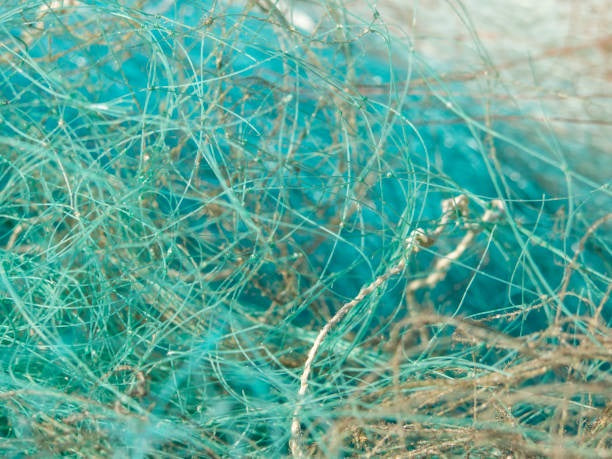
How to Choose the Right Fishing Line Weight for Every Fishing Style
Choosing the Right Weight Fishing Line for Every Kind of Fishing
Selecting the right fishing line weight is essential for a successful and enjoyable fishing experience. The weight of your line affects how well it performs, how it handles the fish you're targeting, and your overall setup. Here's a guide to help you make the perfect choice for different types of fishing.
Understanding Fishing Line Weight
Fishing line weight, measured in pounds (lbs.), refers to its breaking strength—how much force the line can handle before snapping. Choosing the correct line weight depends on:
- The size and species of fish you're targeting.
- The type of fishing you’re doing (e.g., freshwater, saltwater, or fly fishing).
- The conditions of your fishing environment.
Fishing Line Weight by Type of Fishing
Bass Fishing
- Recommended Line Weight: 10–20 lbs.
- Tip: Bass often hide in vegetation, requiring a durable line with sufficient strength. Consider braided lines for added reliability in heavy cover.
Trout Fishing
- Recommended Line Weight: 4–6 lbs.
- Tip: Trout are delicate and easily spooked. A lightweight monofilament line offers the finesse and invisibility needed for a successful catch.
Saltwater Fishing
- Recommended Line Weight: 20–50 lbs. or higher.
- Tip: For bigger saltwater species like tuna or marlin, use a heavy-duty braided or fluorocarbon line to handle the extreme force and abrasion resistance needed.
Fly Fishing
- Recommended Line Weight: Depends on your fly rod, usually 2–12 lbs.
- Tip: Match your line weight to your fly rod for smooth casting and effective presentation.
Ice Fishing
- Recommended Line Weight: 2–10 lbs.
- Tip: Ice fishing demands durability in cold conditions, so opt for braided lines that can withstand freezing temperatures.
Tips for Choosing the Right Line Weight
- Know Your Target Fish: Research the average size and behavior of the species you’re aiming to catch.
- Balance Your Setup: Match your line weight to your rod and reel specifications to avoid imbalance or performance issues.
- Consider Fishing Conditions: Heavier lines may be necessary for tough environments, like rocky areas or dense vegetation.
Avoid Common Mistakes
Using the wrong line weight can lead to missed catches or equipment issues. For example:
- Too Light: Your line may break during a fight with larger fish.
- Too Heavy: It can reduce sensitivity and make your setup harder to handle.
Find Your Perfect Fishing Line at The Online Fishing Store
At The Online Fishing Store, we understand the importance of quality gear. That’s why we offer a wide selection of fishing lines tailored to every type of angler. Whether you’re heading to the local pond or out on a deep-sea expedition, we’ve got the perfect line for your adventure.
Browse our collection today and ensure your next catch doesn’t get away!
Conclusion
Choosing the right fishing line weight is an art that combines knowledge, skill, and preparation. By understanding your fishing style and conditions, you can make an informed decision and maximize your chances of a successful trip. Gear up with The Online Fishing Store and start your next fishing adventure with confidence!
